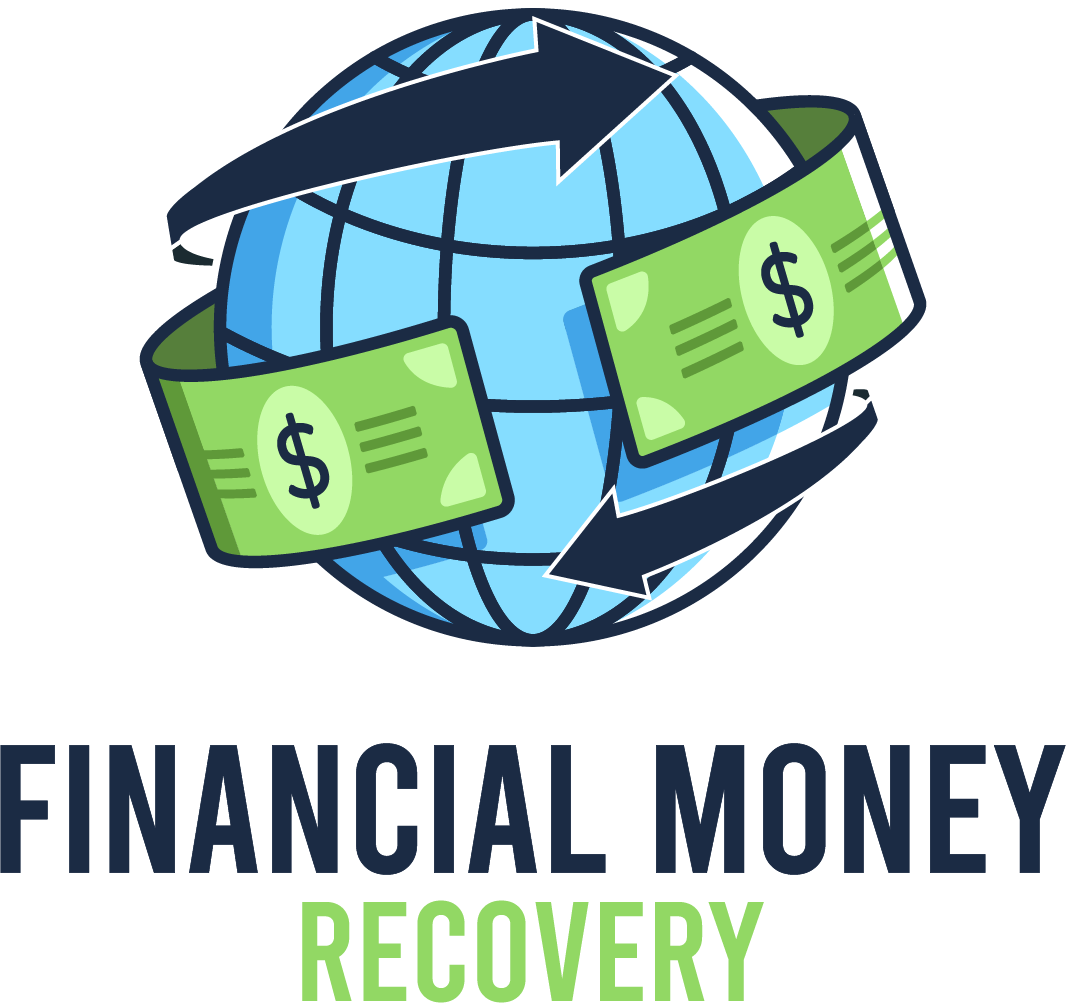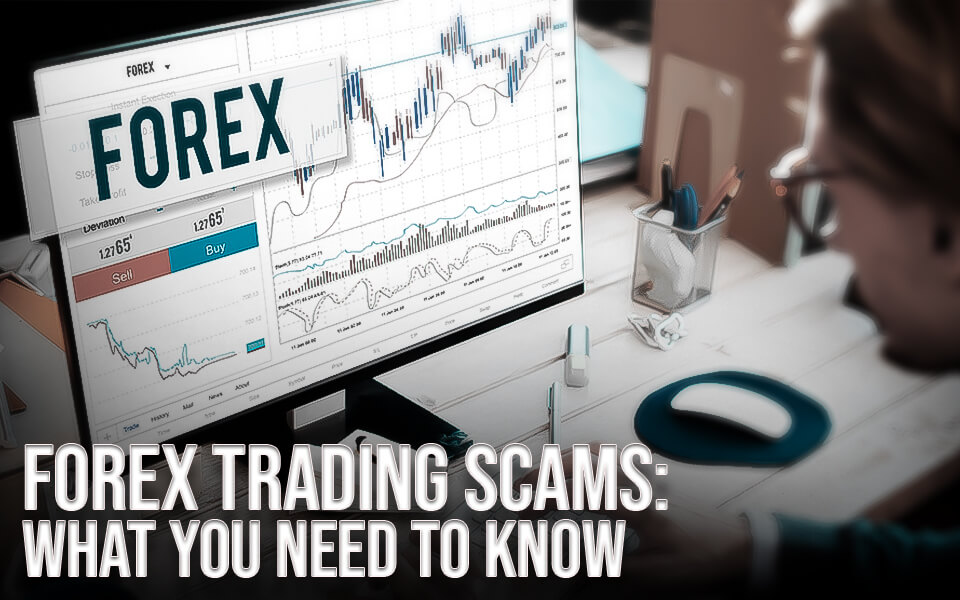



Investors in foreign exchange trading must be aware of the potential risk of encountering scams. Forex trading scams can take various forms, such as false promises of quick profits, fake investment opportunities, and fraudulent trading software. These scams can lead to significant financial losses and even cause irreparable damage to an investor’s credit score and financial standing. Therefore, it is essential for investors to be vigilant and educated about the signs of forex trading scams to protect their investments and avoid becoming a victim. In this article, we will discuss the different types of forex trading scams, provide guidance on how to identify them, and offer tips on how to avoid falling prey to them.
Forex trading is the buying and selling of currencies on the foreign exchange market, with the aim of making a profit from changes in exchange rates. While it can be a potentially lucrative investment opportunity, it is important to note that it also carries significant risks.
One of the main advantages of trading with forex is its high liquidity, which allows traders to easily buy and sell currencies at any time. This means that traders can quickly react to market changes and take advantage of opportunities as they arise. However, the forex market is also highly complex and influenced by a wide range of factors, including global economic trends, political events, and even natural disasters. These factors can lead to sudden and unpredictable fluctuations in currency prices, which can make forex trading very challenging for inexperienced traders.
To succeed in forex trading, it is important to have a solid understanding of market fundamentals and technical analysis, as well as a well-defined trading strategy and risk management plan. It can also be helpful to use a range of trading tools and resources, such as charting software, news feeds, and economic calendars, to stay up-to-date with market trends and events.
There are several types of forex traders, each with their own trading styles and strategies. Here are some of the most common types:
Forex trading is not a pyramid scheme. However, retail traders often lack the resources and expertise of institutional traders, which means they are exposed to higher risks. They may also be more vulnerable to fraudulent activities and scams in the forex market.
rex trading is a legitimate financial market where traders buy and sell currencies with the aim of making a profit from fluctuations in exchange rates. Pyramid schemes, on the other hand, are fraudulent business models that rely on recruiting new members to pay returns to earlier members. These schemes often promise high returns with little or no effort or risk and may use deceptive marketing tactics to attract investors.
Unfortunately, it is possible for scammers to lure Forex traders into a pyramid scheme by using deceptive marketing tactics and promising high returns with little or no risk. These scams often take the form of fraudulent Forex trading websites or investment programs that claim to have a “secret” trading strategy or system that can generate high profits. The scammers may encourage Forex traders to invest in their program and then ask them to recruit new members to the scheme, promising even higher returns for doing so. These recruitment efforts create the pyramid structure of the scheme, with returns being paid out to earlier investors using the money from new investors.
Forex trading on mobile devices is safe, but it requires taking necessary security measures. Mobile trading platforms are user-friendly and provide similar functionality to desktop trading platforms. To ensure the safety of your mobile device and trading account, set up a strong and unique password. You can install anti-virus and anti-malware software to bolster security. Moreover, it is advisable to download mobile trading apps from trusted sources. Consider avoiding public Wi-Fi networks and keeping your device software up-to-date.
By diligently implementing these security measures, you can effectively safeguard the integrity of your mobile device and trading account, and engage in Foreign money exchange through your phone with a heightened sense of assurance and trust. By adopting these strategies, you can bolster your mobile trading platform’s security and protect it against any potential risks or vulnerabilities.
After taking all the safety precautions, if you still get scammed feel free to reach us. Financial Options Recovery is committed to helping our clients recover their lost funds in an efficient manner. Additionally, we provide guidance on future cybersecurity measures to prevent similar incidents from occurring in the future. Contact us today to learn how we can assist you in recovering your lost funds and safeguarding your financial assets.
Duped by Forex trading scams? Contact us! Financial Options Recovery will help you in recovering funds.